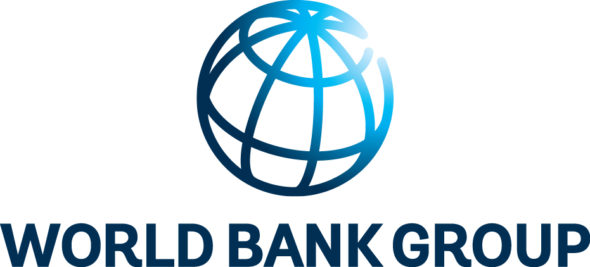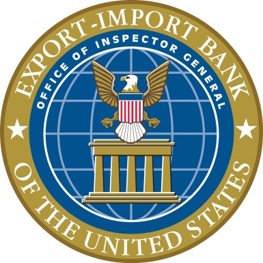The second day of the Washington, D.C. immersion primarily consisted of three parts: heading to the World Bank Group to learn the basic working process of this multinational financial institution, the Export-Import Bank to study the government’s role and function to help its corporations, and a lecture regarding the Dodd-Frank Act, to gain a more specific view of one of the most influential legislative acts on financial institutions.

Our first stop today was at the World Bank Group (WBG), one of the most important financial institutions fighting against poverty. The speaker, Rev. Adam Russell Taylor, gave us a comprehensive overview of the institution. The mission of WBG is ending poverty—moral and spiritual. We were very intrigued by its history. WBG was created in 1944 after World War II, and initially aimed to provide loans for European countries to rebuild their homes. Currently, it focuses on providing loans to poor countries in the world. The class was shocked when Adam showed us pictures of people who have no food, no clean water, or no shelter. The entire speech was very inspiring and educational.
 We returned to the Brookings Institution and prepared for a lecture in the afternoon. The first speaker was Amy Shinkman, Director of the Trade Finance Division at the Export-Import Bank of the United States (EX-IM). Interestingly, in the US, EX-IM has a nickname called “Bank of Boeing,” because of its huge engagement in supporting Boeing exports. As an independent government agency, directly reporting to President Obama, EX-IM is primarily responsible for providing loans and guarantees for the purchase of goods from U.S. companies. Amy compared the difference between the commercial banks and EX-IM, and stated that EX-IM commonly does what commercial banks motivated by maximizing profits are unwilling to do. In a way, EX-IM sounds like a hero, busy with helping small businesses and picking the hard nuts to crack. Thus, Amy mentioned that the target of EX-IM is not to earn profit, but to make sure not to lose money. Their job is to “save the world”!
We returned to the Brookings Institution and prepared for a lecture in the afternoon. The first speaker was Amy Shinkman, Director of the Trade Finance Division at the Export-Import Bank of the United States (EX-IM). Interestingly, in the US, EX-IM has a nickname called “Bank of Boeing,” because of its huge engagement in supporting Boeing exports. As an independent government agency, directly reporting to President Obama, EX-IM is primarily responsible for providing loans and guarantees for the purchase of goods from U.S. companies. Amy compared the difference between the commercial banks and EX-IM, and stated that EX-IM commonly does what commercial banks motivated by maximizing profits are unwilling to do. In a way, EX-IM sounds like a hero, busy with helping small businesses and picking the hard nuts to crack. Thus, Amy mentioned that the target of EX-IM is not to earn profit, but to make sure not to lose money. Their job is to “save the world”!
We ended the day with a speech from Aaron Klein, who serves as Director of the Financial Regulatory Reform Initiative at the Bipartisan Policy Center. His lecture topic was the Dodd-Frank Act, as he previously served as the Deputy Assistant Secretary for Economic Policy at the Department of the Treasury, and part of his job was to work on the crafting of the Dodd-Frank Act. His speech was very insightful. He began by discussing the two main issues that could lead to financial crisis, and then proceeded to the main topic of his speech, focusing on the context in which the Dodd-Frank Act was created, and the problems that the act was intended to address. What is quite interesting about his speech is that he shared his perspective that there is too much regulation on the financial system, and explained why this can be both a good and bad thing for the system. We all enjoyed the speech very much because Mr. Klein is very knowledgeable on the subject and extremely passionate about it.
Guest Bloggers: Jie (Zoe) Zhou, Sijia (Tina) Guo, Bingzhang Shan, Huihui Zhang (GMF 2016)
This is a series of blogs chronicling the experiences of 41 Global Master of Finance (GMF)dual degree students during their two week immersion course in New York and Washington, DC. Each blog will be written by a small subset of students during their experience.



